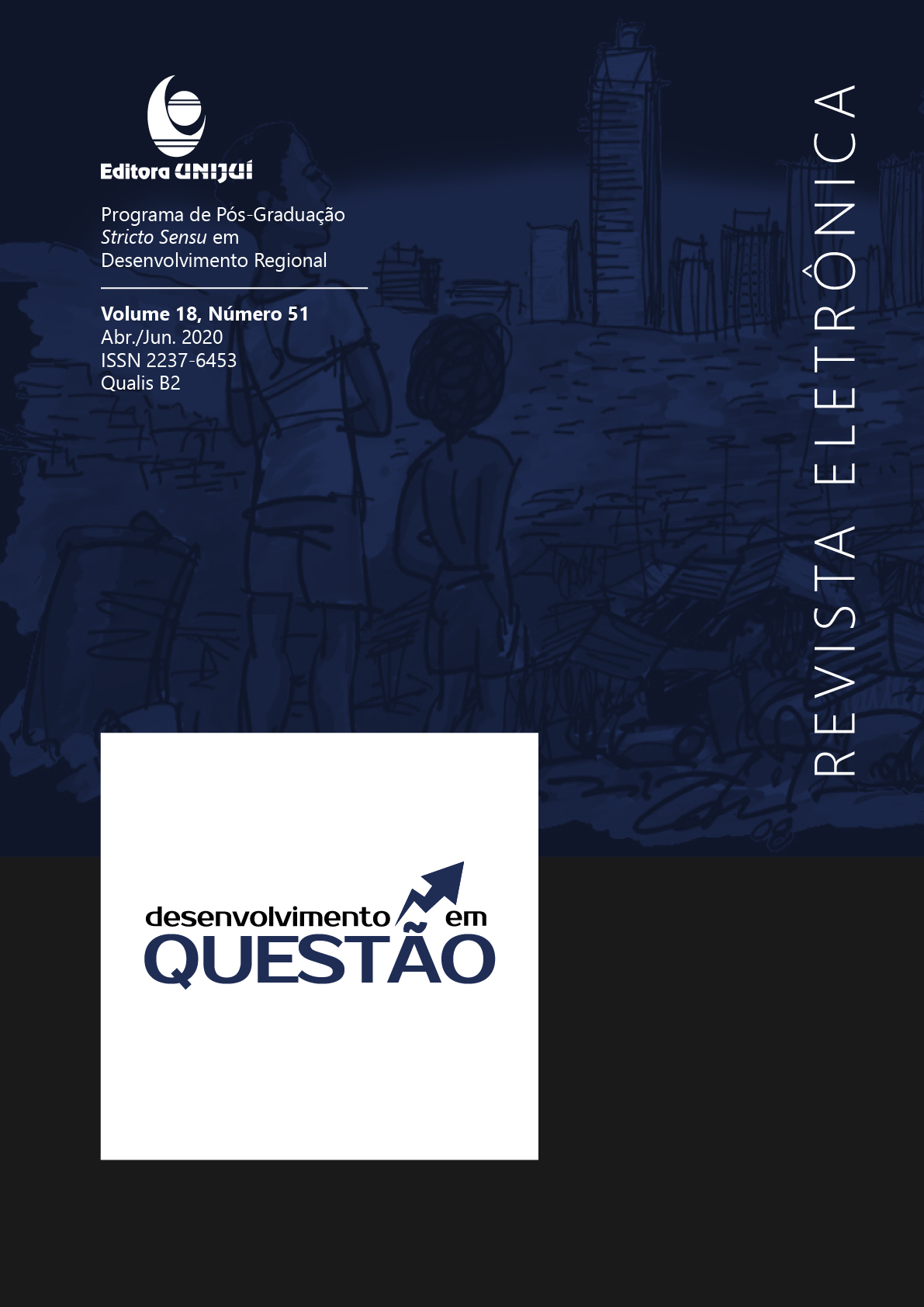Leaving the "ivory tower" of critical organizational studies: the action research allied to Dragon Dreaming’s collaborative tools in the case of Astriflores
DOI:
https://doi.org/10.21527/2237-6453.2020.51.10-32Keywords:
Critical organizational studies; Action research; Dragon Dreaming; Collaborative methodologies.Abstract
The "ivory tower" metaphor is sometimes used to criticize the critical organizational studies detachment from praxis. The objective of this article is to point out a possible exit out of this tower by means of a technical-methodological proposal applied in an empirical case in the Association of Collectors and Sorters of Recyclable Materials of Florestal/MG (Astriflores). An action research was carried out in the context of Astriflores allied to the application of the Dragon Dreaming collaborative methodology. Lasting for two years, the project had positive results for the members and for the community of Florestal/MG, in general, with the improvement of the selective collection in the municipality. In addition to the practical results, our technical-methodological path also allowed reflections on the collaborative process and on the generation of critical knowledge in an organizational context, considering the dynamics between objectivity and subjectivity and between theory and practice.
Downloads
Published
How to Cite
Issue
Section
License
By publishing in Revista Desenvolvimento em Questão, authors agree to the following terms:
All works are published under the Creative Commons Attribution 4.0 International License (CC BY 4.0), which allows:
Sharing — to copy and redistribute the material in any medium or format;
Adaptation — to remix, transform, and build upon the material for any purpose, even commercially.
These permissions are irrevocable, provided that the following terms are respected:
Attribution — authors must be properly credited, a link to the license must be provided, and any changes made must be indicated.
No additional restrictions — no legal or technological measures may be applied that legally restrict others from doing anything the license permits.
Notices:
The license does not apply to elements that are in the public domain or covered by legal exceptions.
The license does not grant all necessary rights for specific uses (e.g., image rights, privacy, or moral rights).
The journal is not responsible for the opinions expressed in the articles, which are the sole responsibility of the authors. The Editor, with the support of the Editorial Board, reserves the right to suggest or request modifications when necessary.
Only original scientific articles presenting research results of interest that have not been previously published or simultaneously submitted to another journal with the same purpose will be accepted.
Mentions of trademarks or specific products are intended solely for identification purposes and do not imply any promotional relationship by the authors or the journal.
License Agreement (for articles published from 2025 onward): Authors retain the copyright to their article and grant Revista Desenvolvimento em Questão the right of first publication.











